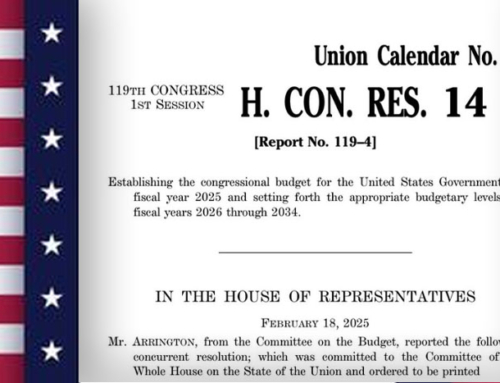On April 12, the Supreme Court issued its decision on the case of George Sheetz, who applied for a permit to place a manufactured house on his land in El Dorado County and was required to pay a $23,420 traffic mitigation fee to do so. Sheetz challenged the fee’s constitutionality, arguing that the fee violates the Fifth Amendment’s takings clause, which is intended to uphold the principle that the government should not single out isolated individuals to bear excessive burdens, even in support of an important public good. The Supreme Court’s decision was a narrow one, opening up the possibility for builders and developers to challenge improper local impact fees for housing development even if the fees are authorized by legislation.
The Supreme Court decision, a unanimous one, answered only one question: is there a legal distinction between legislatively and demonstratively imposed permit conditions? The Court ruled that the takings clause applies equally to both conditions, kicking the case back down to lower courts to decide if Sheetz’s fee was a taking and thus improper. The decision did not resolve larger questions about the way permitting and impact fees are calculated and structured, and potential impacts remain to be assessed.
Meanwhile, on April 22, the Supreme Court heard another key housing and homelessness-related Supreme Court case for this session, City of Grants Pass, Oregon, v. Johnson, which could provide cities more clarity around enacting ordinances to sweep homeless encampments and further criminalize homelessness. The Court is expected to issue decisions by the end of June.
© LeSar Holdings/LeSar Development Consultants. All Rights Reserved. Please be advised that any republishing of copyrighted material provided by our organization, in whole or in part, requires prior written authorization. For permission, please reach out to [email protected]. We appreciate your understanding and compliance in upholding copyright laws.





















